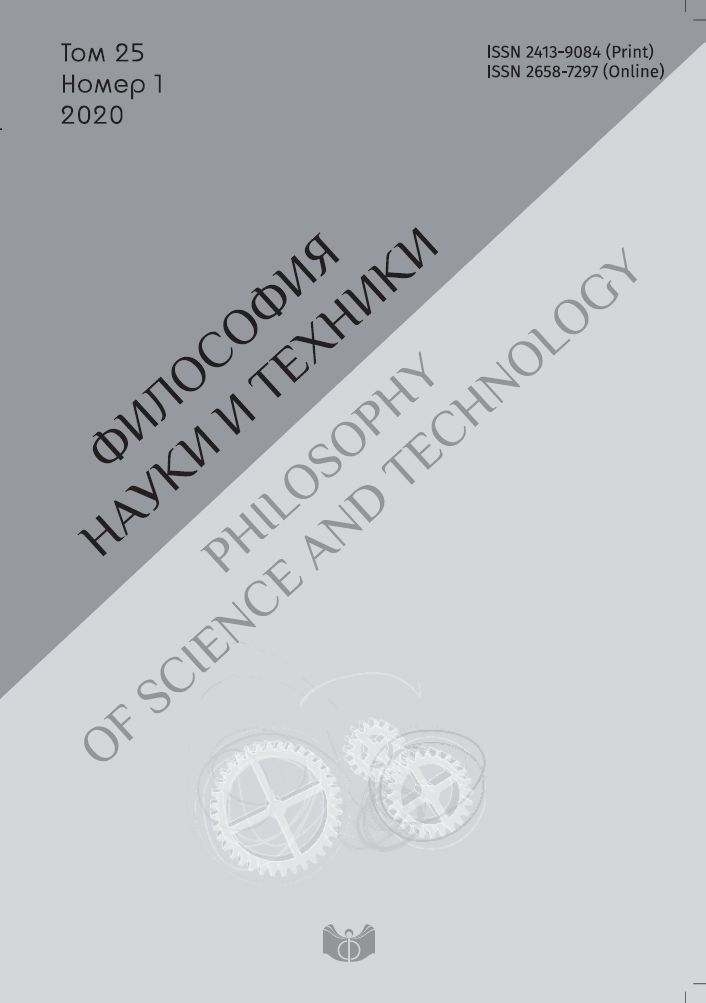Problem of plagiarism in the context of academic ethics
DOI:
https://doi.org/10.21146/2413-9084-2020-25-1-52-64Keywords:
plagiarism, “Bauman case”, academic ethics, ethics of science, ethics and law, intellectual property, “redundant publication”, new knowledgeAbstract
The paper deals the problem of plagiarism in the context of academic ethics. The authors take into considerations recent discussions (such as those surrounding Zygmunt Bauman, a famous sociologist who was accused of plagiarism), interpretations of plagiarism in criminal law, interpretations of intellectual property in civil law, as well as ethical codes of reputable organizations of scientists and publishers. The analysis reveals significant discrepancies between the concept of plagiarism in law, on the one hand, and interpretations of plagiarism in codes of ethics and in current usage of the word “plagiarism” in scientific and “about scientific” communities – on the other hand. People in scientific and “about scientific” communities use too broad notion of plagiarism. They tend to include in plagiarism not only misappropriation of texts by another author but also “stealing ideas”. In fact, a scientist who charges somebody with “theft of the idea” defends the right to be the recognized pioneer, and does not aspires to have exclusive right to the idea. In this case it makes sense to discuss the problem of prioritization instead of the problem of plagiarism. As for the word “self-plagiarism” (“auto-plagiarism”) that recently began to be used, its sense is self-controversial. A person can’t steal anything from herself (himself) or misappropriate his (her) authorship. It makes sense to support the opinion that “redundant publication” is more suitable expression for the case when the author reproduces too much of his (her) previously published texts in the new paper. However to decide if the new text is redundant we should evaluate essence of the text. Even the text consisted of previously published texts of the same author may have a new essence. “Industry” of plagiarism as well as “industry” of exposing (true or pretend) plagiarism is due to development of information and communication technologies. Excessive emphasis on plagiarism and plagiary pushes to the fore “publicability” minimum verified with computer program. As for norms of scientific activity generating new knowledge, they are relegated to the sideline.











